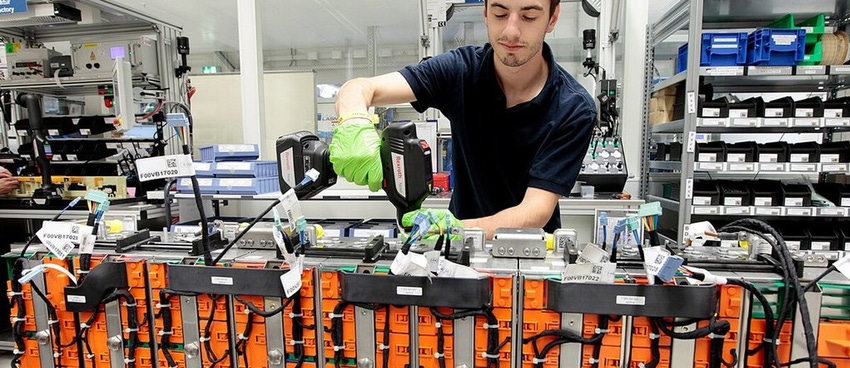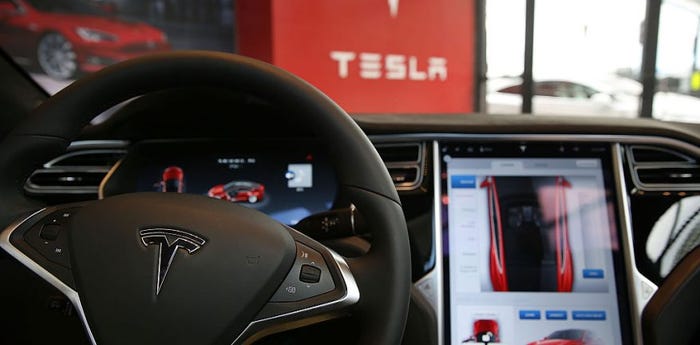Industrial IoT Testbeds Yield ‘Unexpected Insights’
Without ample experimentation, talk about the next industrial revolution is idle chatter.
June 7, 2017

Ask Richard Soley, Ph.D., the executive director of the Industrial Internet Consortium (IIC), about the mission behind his organization and you are likely to get a straightforward answer. “Your industry is going to be disrupted. That’s it,” he says. “It’s a very simple message, and it applies to every industry. Everyone is going to end up like taxi drivers. The job for a taxi driver in a few years is to find a job. Rather than wait for the disruption to happen and see whether you survive it, our goal is to participate in the disruption.”
The aim of IIC is to use Industrial IoT testbeds as a vehicle to drive such transformation, with the goal of discovering best practices, some of which can be shared across industries. “When people ask me what the best practices are, I say: ‘I hope to learn someday soon. We freaking don’t know.’”
But they are quickly learning. “For instance, we have a program with Bosch Rexroth in Germany that has been so successful already that Bosch is rolling it out to all of their 200-plus manufacturing sites worldwide,” Soley says. “They are connecting everything in the plant: people, parts, work-in-progress and tools.”
[The Industrial Internet Consortium is hosting a members’ meeting and Smart Cities Forum (June 14) in Berlin, Germany.]
Soley says that one of his favorite stories regarding the Bosch Rexroth industrial IoT testbed involves a plant where the staff spends about half of its time tracking down the right tool. “Now that system can tell you where the right tool is,” he says. “They can say: ‘The tool you are looking for is 10 meters behind you on the left side.’”
“They can also train you on the fly. They prevent you from over-torquing a bolt. I can communicate directly with the tightening device, and I can see how much force you are applying on which work-in-progress.”
Bosch Rexroth is now working on increasing the precision of this system to measure the location of objects in millimeters. “That can help them determine, for instance, which bolt should go into which hole in a work-in-progress,” he says.
Soley says that one theme across the testbeds the organization has guided so far is that they yield unexpected insights. For instance, one of its Industrial IoT testbeds in County Cork, Ireland, connects national health records with local ambulance-management data. The county wanted to figure out where the problematic areas were for ambulances, such as dangerous intersections and nursing homes. When looking at the problem, the idea popped up that they could use data to decide where to put the ambulances rather than locate all of them in a hospital garage. “It was like a revelation to them,” Soley says. “They didn’t see it coming.”
“We are finding that in every program we build,” he concludes. “We are finding an opportunity based on the data we collect that we didn’t know was there. That is where the disruption comes in.”
About the Author(s)
You May Also Like

.png?width=700&auto=webp&quality=80&disable=upscale)
.png?width=700&auto=webp&quality=80&disable=upscale)
.png?width=300&auto=webp&quality=80&disable=upscale)
.png?width=300&auto=webp&quality=80&disable=upscale)
.png?width=300&auto=webp&quality=80&disable=upscale)
